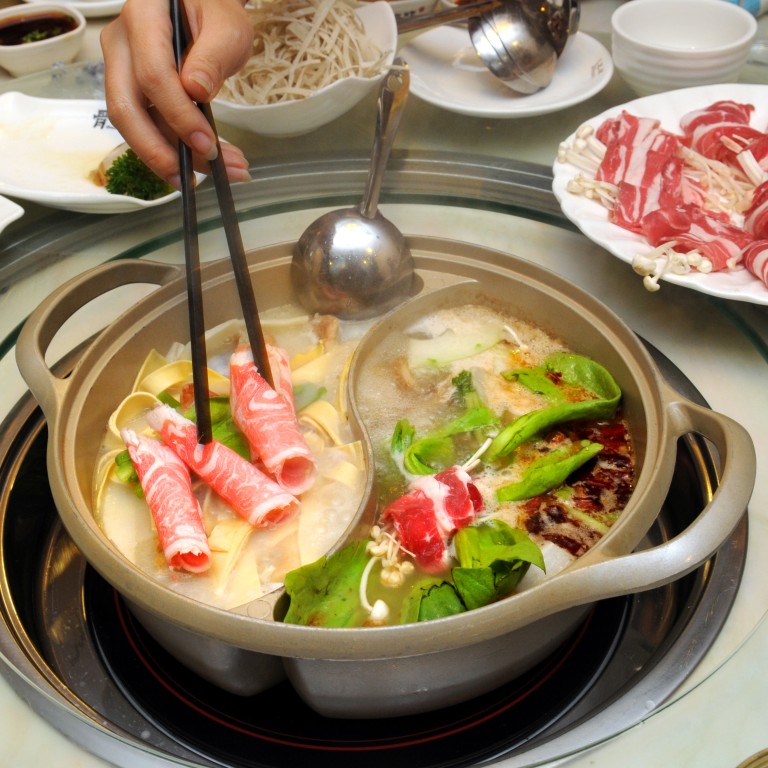
China customs vows to turn up heat on illegal meat trade
More than 420,000 tonnes seized in first six months, with some batches destined for tables at high-end Western restaurants, state media report
Customs authorities say they continue to crack down on smuggling of frozen meat, confiscating 420,000 tonnes of the illegal product in the first half of the year, according to state media.
CCTV quoted inspectors on Saturday as saying they had found meat that was decades old. It cited an unnamed anti-smuggling officer from Guangxi as saying that some of the meat would end up in high-end Western restaurants, where a serving of beef would sell for between 300 yuan (HK$379) and 500 yuan.
The officer said that in operations in previous years, they had found meat that was once part of second world war food reserves.
Most of the seized meat was smuggled over the Vietnamese border into Guangxi and Yunnan province and shipped north, destined for restaurants, meat processing plants, school cafeterias and government institutions, according to customs officials in the Pearl River Delta, the report said.
It also ends up at meat markets and snack stands.
Chicken, beef and pork as well as frozen seafood such as salmon and cod were all being traded.
In two recent operations, police in Puer city in Yunnan seized more than 750 tonnes of frozen meat, CCTV said.
Its origin was not revealed, but local police said they had uncovered two routes that smugglers used once shipments arrived in the province.
One began in Puer then went to Lancang, Jinggu, Ninger and Mojiang before arriving in the capital of Kunming . The other route went from Jiangcheng to Kunming via Mojiang.
In Shenzhen, police have said a raid on a local warehouse in March uncovered 6,117 tonnes of illegal frozen meat - worth more than 345 million yuan. It had been shipped from Guangxi.
Wen Guihua, an official with Shenzhen's inspection bureau, told CCTV the confiscated meat in the city came from the United States, Brazil, Finland and Germany. The shipments did not have documents stating their legal origins, and some of the meat was believed to have already expired. Tests had detected clenbuterol, a drug banned on the mainland that is fed to pigs to produce leaner meat, according to the inspection bureau.
Wen said the mainland had strict import procedures for frozen meat, and required a certificate of origin and manufacturing date, but the smugglers were evading the mechanism.

